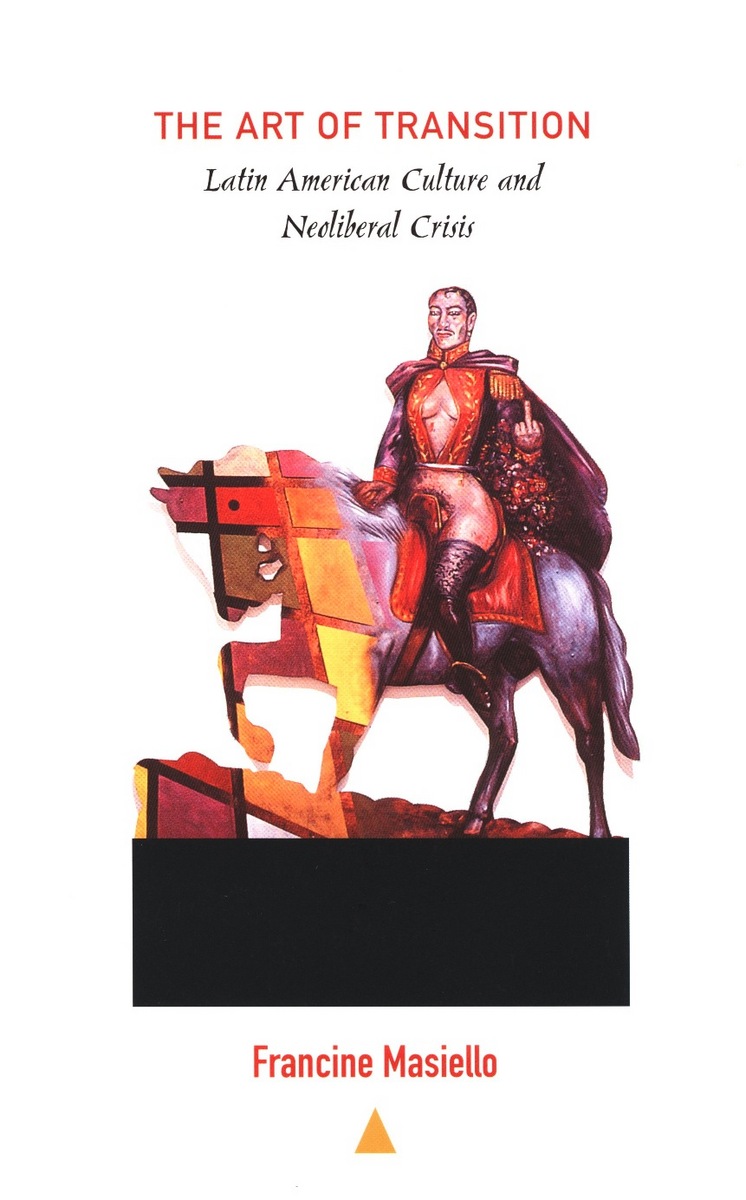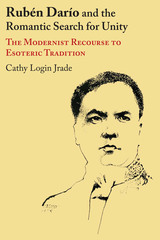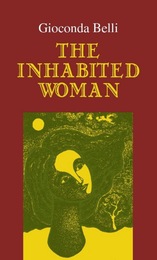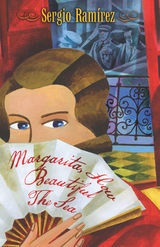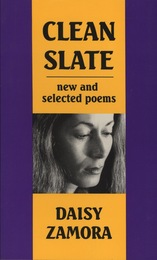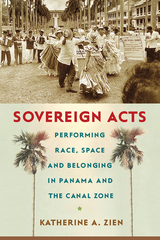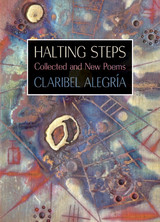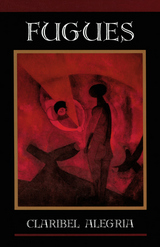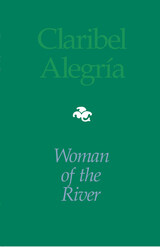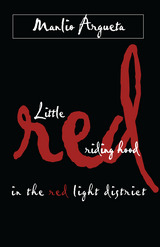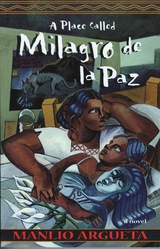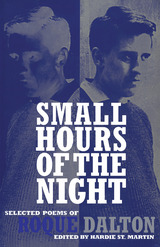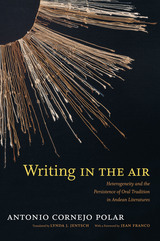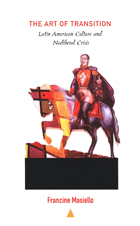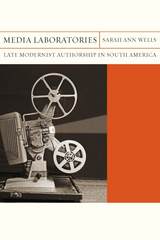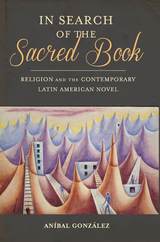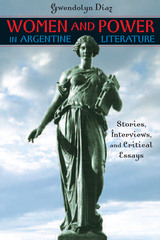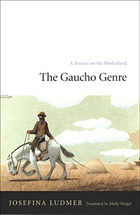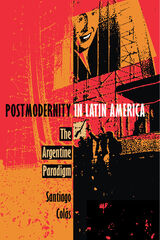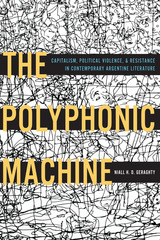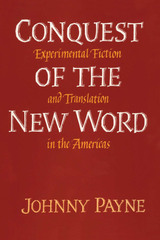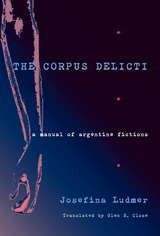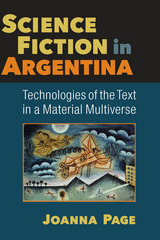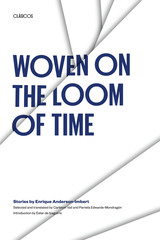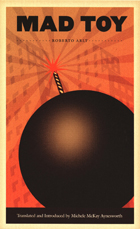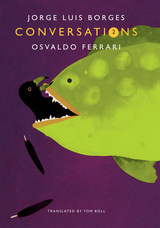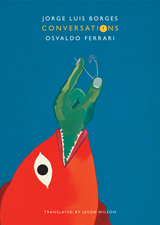The Art of Transition: Latin American Culture and Neoliberal Crisis
Duke University Press, 2001
Paper: 978-0-8223-2818-6 | eISBN: 978-0-8223-8138-9 | Cloth: 978-0-8223-2806-3
Library of Congress Classification PQ7551.M37 2001
Dewey Decimal Classification 860.998
Paper: 978-0-8223-2818-6 | eISBN: 978-0-8223-8138-9 | Cloth: 978-0-8223-2806-3
Library of Congress Classification PQ7551.M37 2001
Dewey Decimal Classification 860.998
ABOUT THIS BOOK | AUTHOR BIOGRAPHY | REVIEWS | TOC | REQUEST ACCESSIBLE FILE
ABOUT THIS BOOK
The Art of Transition addresses the problems defined by writers and artists during the postdictatorship years in Argentina and Chile, years in which both countries aggressively adopted neoliberal market-driven economies. Delving into the conflicting efforts of intellectuals to name and speak to what is real, Francine Masiello interprets the culture of this period as an art of transition, referring to both the political transition to democracy and the formal strategies of wrestling with this change that are found in the aesthetic realm.
Masiello views representation as both a political and artistic device, concerned with the tensions between truth and lies, experience and language, and intellectuals and the marginal subjects they study and claim to defend. These often contentious negotiations, she argues, are most provocatively displayed through the spectacle of difference, which constantly crosses the literary stage, the market, and the North/South divide. While forcefully defending the ability of literature and art to advance ethical positions and to foster a critical view of neoliberalism, Masiello especially shows how issues of gender and sexuality function as integrating threads throughout this cultural project. Through discussions of visual art as well as literary work by prominent novelists and poets, Masiello sketches a broad landscape of vivid intellectual debate in the Southern Cone of Latin America.
The Art of Transition will interest Latin Americanists,literary and political theorists, art critics and historians, and those involved with the study of postmodernism and globalization.
Masiello views representation as both a political and artistic device, concerned with the tensions between truth and lies, experience and language, and intellectuals and the marginal subjects they study and claim to defend. These often contentious negotiations, she argues, are most provocatively displayed through the spectacle of difference, which constantly crosses the literary stage, the market, and the North/South divide. While forcefully defending the ability of literature and art to advance ethical positions and to foster a critical view of neoliberalism, Masiello especially shows how issues of gender and sexuality function as integrating threads throughout this cultural project. Through discussions of visual art as well as literary work by prominent novelists and poets, Masiello sketches a broad landscape of vivid intellectual debate in the Southern Cone of Latin America.
The Art of Transition will interest Latin Americanists,literary and political theorists, art critics and historians, and those involved with the study of postmodernism and globalization.
See other books on: Mignolo, Walter D. | Saldívar-Hull, Sonia | Silverblatt, Irene | Spanish American literature | Transition
See other titles from Duke University Press
